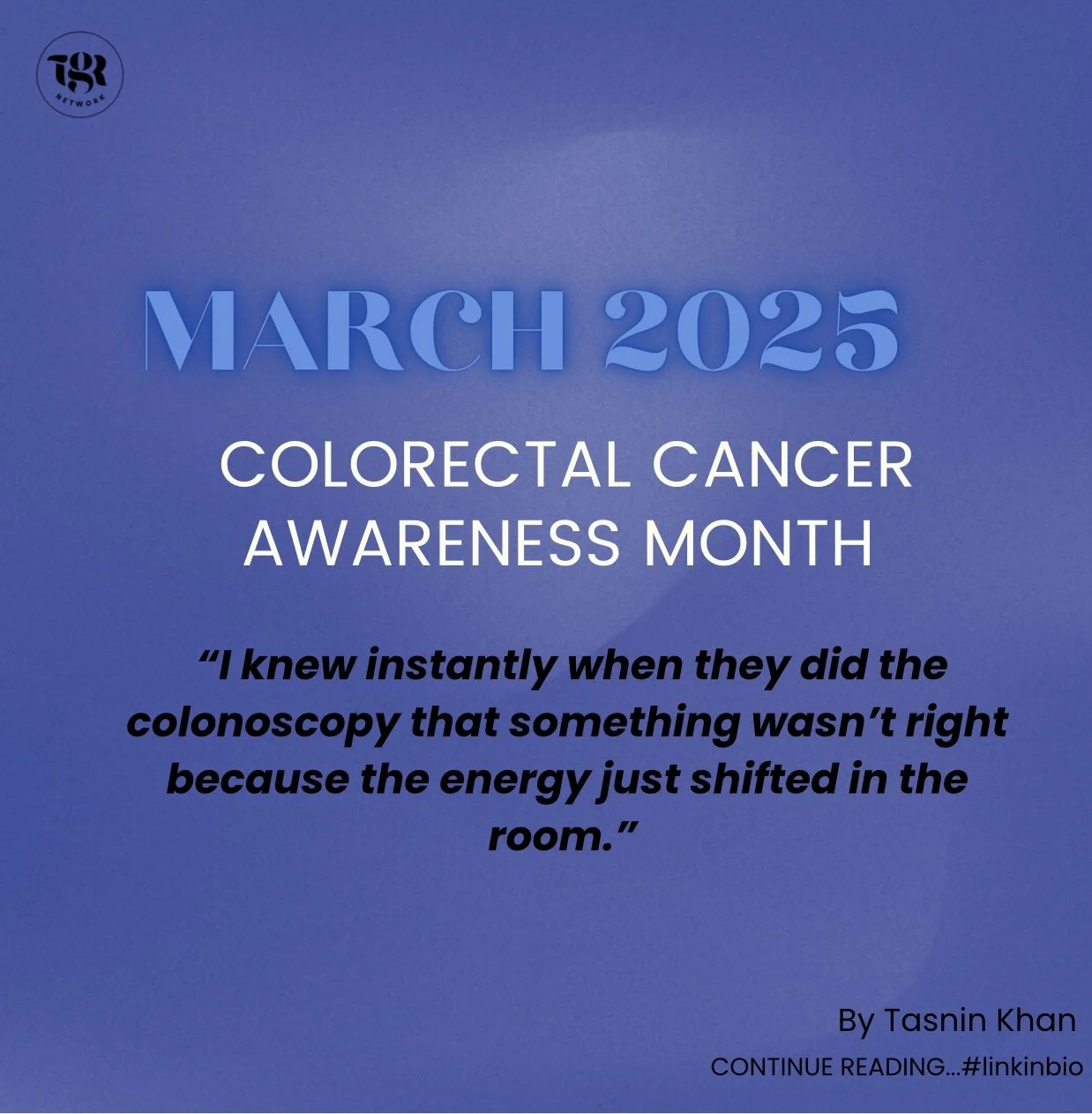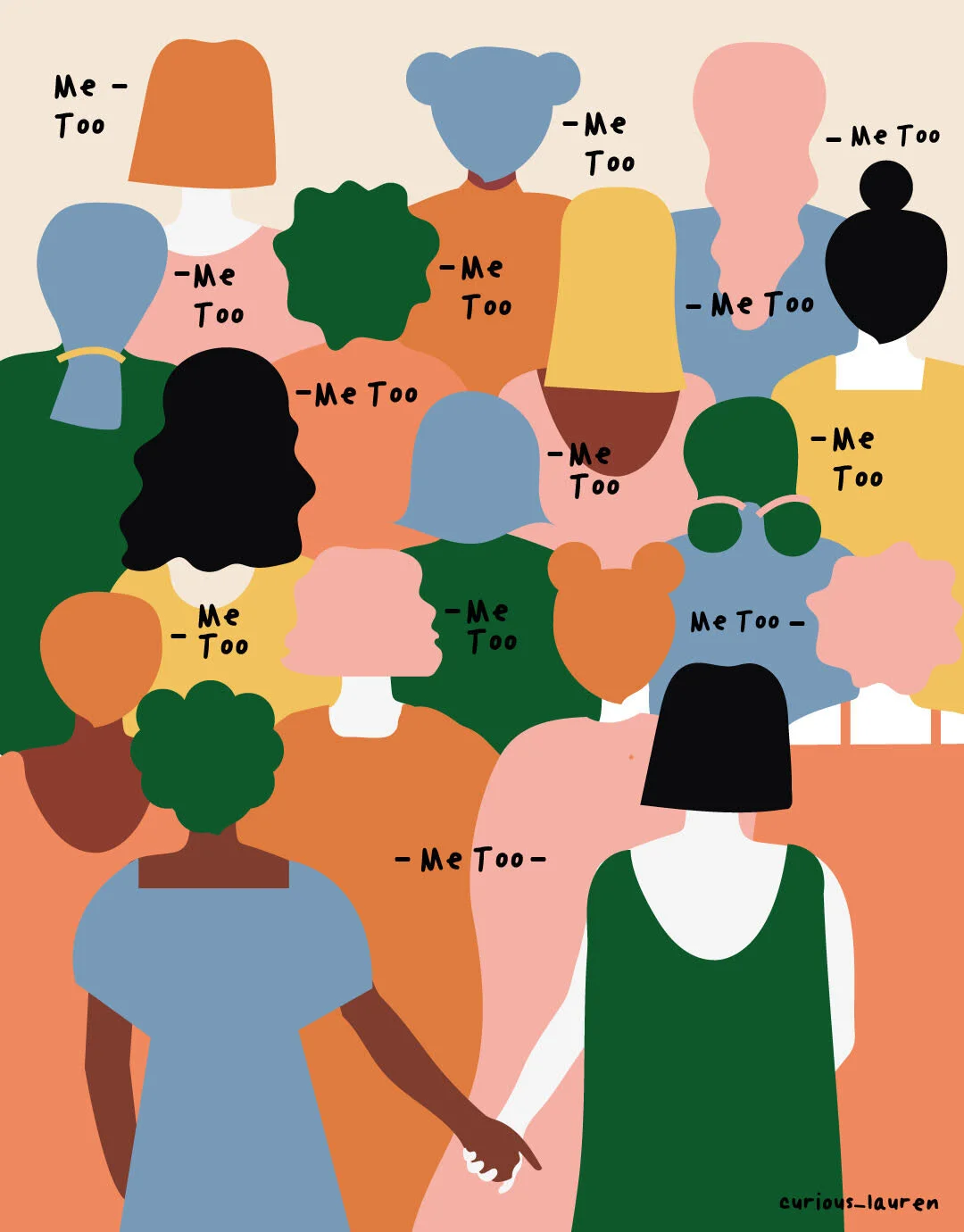Therapy How-to
It’s fortunate that in recent years therapy has become part of an ongoing conversation around mental health, making it more comfortable for people to discuss and seek out. Celebrities unabashedly discuss seeing therapists, TV shows are built around the premise of it, and many therapists have amassed heaps of followers by doling out advice on social media. As a society we’ve generally come to accept therapy as good, but there’s much to learn about how to get the most out of it. You might be wondering if you’re a good candidate for it or what’s the best kind of therapy for you. We’ve done the legwork to help you navigate your questions and concerns.
What makes a good therapist?
“Education, training, experience, and aptitude for being a therapist,” says Dr. Gary Brown, a prominent psychotherapist in Los Angeles. It’s crucial that there’s a mutual doctor-patient chemistry. Making sure you have a good rapport with your counselor is key. Your first therapist may not be the best fit, and it’s perfectly fine to end the relationship and try someone different.
What does a typical first session look like?
Some therapists will offer an initial consultation (it may or may not cost you) to feel one another out and make sure you’re a good match. The counselor will likely ask what brought you to therapy, what your relationships are like, how your childhood was, and about your career. After that, the next step is to develop an agreed upon treatment plan.
Who should seek therapy?
If you’re experiencing issues that affect your ability to function, have talked to a trusted person about them, and that isn’t helping, you might want to consider a therapist, according to Dr. Brown. Therapy can be great for those who are grieving, dealing with post traumatic stress, or trying to overcome low self-esteem, depression, or anxiety. People with less severe challenges can benefit from it as well.
What are different options for therapy?
There are many different kinds of counseling out there — over fifty according to Talk Space. Therapies vary in their approach. There’s everything from Rogerian therapy, person-centered and the most common, to hypnotherapy, where a client is literally put under hypnosis. Try not to be overwhelmed by the many options; it means there are plenty of solutions for whatever you’re going through. Remember it’s up to your therapist to figure out which one is best for you.
How long should one be in therapy?
This will vary based on an individual’s circumstances. “It’s unique to each person’s situation,” explains Dr. Brown. “Some people I see for five sessions and that’s good enough.” Some will need it for months while others will find it more fitting to stick with it for years. Dr. Brown adds, “It also depends upon how hungry somebody is to grow. Some people I’ve worked with for 25 years. And they’re not crazy or insane — most of them are very high-functioning adults.” Essentially, there’s really no time frame.
Where can one find a therapist?
There are online resources like PsychologyToday.com. Teletherapy like Better Help and Talk Space have also become popular recently. If you have health insurance you can ask your primary care physician to provide a referral or direct you to available therapists covered in your insurance network. There are therapists who offer their services pro bono as well. If you can’t afford someone in particular, email and ask if they offer that or a sliding scale fee. Another low-cost resource is a graduate training clinic at local universities where students are both learning and working.











